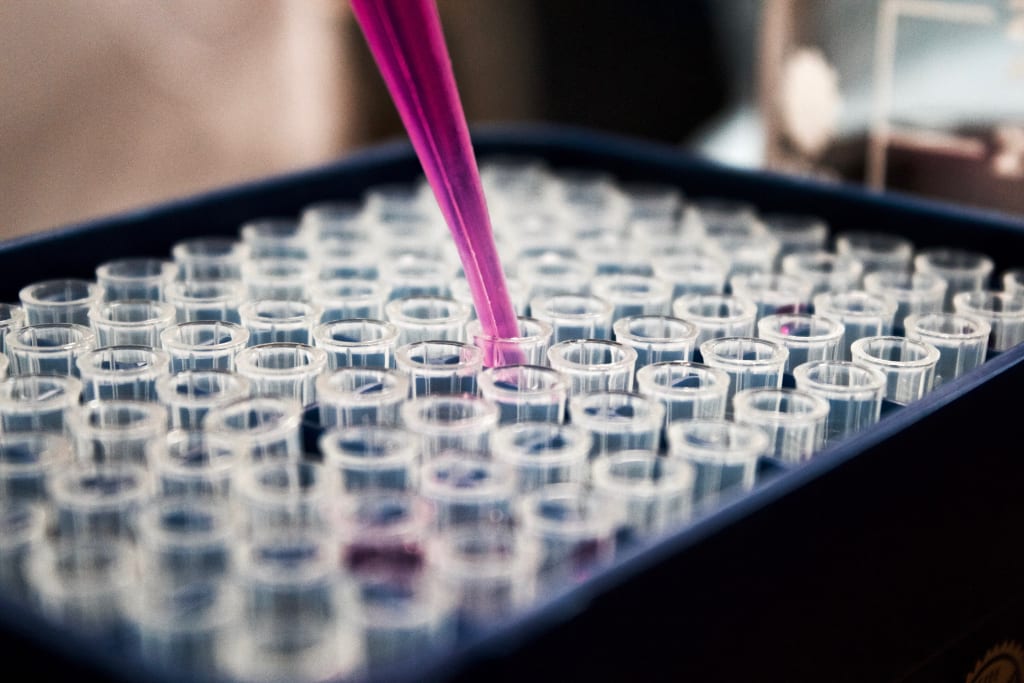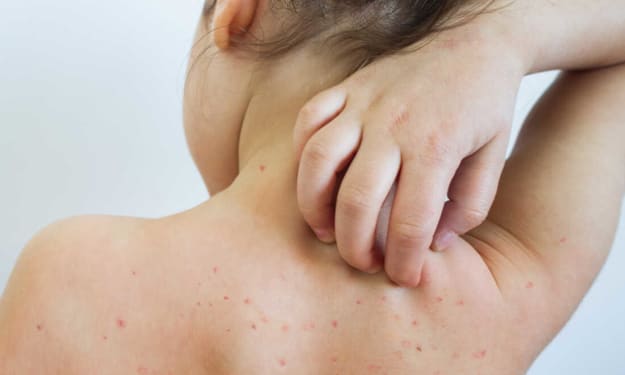"The Importance of Medical Care and Prevention: Promoting Health and Equity"
Medical Care and Prevention

Medical care and prevention are two sides of the same coin when it comes to maintaining good health. While medical care involves the treatment of diseases and disorders using medication, surgery, or other medical procedures, prevention focuses on reducing the risk of developing diseases or disorders in the first place. In this article, we will explore the importance of medical care and prevention, and how both are essential for maintaining optimal health.
Medical Care
Medical care is an essential component of healthcare, which involves the diagnosis, treatment, and management of diseases and disorders. Medical care may involve medications, surgery, or other medical procedures, and it is provided by healthcare professionals, including doctors, nurses, and other healthcare workers. Medical care is often necessary when a person has a disease or disorder that cannot be managed or cured through prevention methods alone.
One of the primary goals of medical care is to provide relief from symptoms and improve a person's quality of life. For example, someone with diabetes may require insulin injections to manage their blood sugar levels and prevent complications such as blindness, kidney failure, or heart disease. Similarly, a person with asthma may need inhalers to manage their breathing and prevent asthma attacks.
Another important aspect of medical care is the prevention of complications associated with diseases and disorders. For example, a person with high blood pressure may require medication to reduce the risk of stroke, heart attack, or kidney damage. Medical care can also involve screening tests to detect diseases or disorders early, such as mammograms for breast cancer or colonoscopies for colon cancer.
Prevention
Prevention is the act of taking steps to reduce the risk of developing diseases and disorders. Prevention involves healthy lifestyle choices, such as exercise, healthy eating habits, and avoiding harmful behaviors like smoking or excessive alcohol consumption. Prevention can also involve vaccinations, regular check-ups, and screenings to detect diseases or disorders early.
One of the primary goals of prevention is to promote overall health and well-being. By making healthy lifestyle choices, people can reduce their risk of developing chronic diseases such as heart disease, stroke, diabetes, and certain types of cancer. Additionally, by avoiding harmful behaviors like smoking, people can reduce their risk of developing lung cancer, heart disease, and other health problems.
Another important aspect of prevention is the early detection of diseases or disorders. Regular check-ups and screenings can detect health problems early when they are easier to treat or manage. For example, regular mammograms can detect breast cancer early when it is still treatable, and colonoscopies can detect colon cancer early when it is still in its early stages.
The Importance of Medical Care and Prevention
Medical care and prevention are both essential components of healthcare, and both are important for maintaining optimal health. Medical care is necessary for the treatment of diseases and disorders, providing relief from symptoms, and preventing complications. Prevention is essential for promoting overall health and well-being, reducing the risk of developing chronic diseases, and detecting diseases or disorders early.
By combining medical care and prevention, people can take an active role in maintaining their health and well-being. This includes making healthy lifestyle choices, getting regular check-ups and screenings, and seeking medical care when necessary. By working together, healthcare professionals and patients can promote optimal health and prevent diseases and disorders from developing or progressing.
Conclusion
Medical care and prevention are both essential components of healthcare, and both play an important role in maintaining optimal health. Medical care is necessary for the treatment of diseases and disorders, providing relief from symptoms, and preventing complications. Prevention is essential for promoting overall health and well-being, reducing the risk of developing chronic diseases, and detecting diseases or disorders early. By combining medical care and prevention, people can take an active role in maintaining their health and well-being, and healthcare professionals can provide the best possible care to their patients.
specifically, prevention is divided into three levels: primary prevention, secondary prevention, and tertiary prevention.
Primary prevention focuses on preventing diseases or disorders from occurring in the first place. This includes actions such as immunizations, healthy eating habits, regular exercise, and avoiding harmful behaviors like smoking or excessive alcohol consumption. By taking steps to prevent diseases and disorders from developing, people can promote overall health and well-being.
Secondary prevention focuses on detecting diseases or disorders early, when they are still treatable or manageable. This includes regular check-ups and screenings, such as mammograms, colonoscopies, and blood tests. By detecting diseases or disorders early, healthcare professionals can provide early treatment or management, which can prevent complications and improve outcomes.
Tertiary prevention focuses on managing and treating diseases or disorders that have already developed. This includes medical care, rehabilitation, and disease management programs. Tertiary prevention is important for preventing complications and improving quality of life for people with chronic diseases or disorders.
Medical care and prevention are also essential for addressing health disparities, which are differences in health outcomes between different groups of people. Health disparities can be caused by a variety of factors, including socioeconomic status, race, ethnicity, and geographic location. By providing access to medical care and prevention services, healthcare professionals can help to reduce health disparities and promote health equity.
In conclusion, medical care and prevention are both essential components of healthcare, and both are important for maintaining optimal health. Medical care is necessary for the treatment of diseases and disorders, providing relief from symptoms, and preventing complications. Prevention is essential for promoting overall health and well-being, reducing the risk of developing chronic diseases, and detecting diseases or disorders early. By combining medical care and prevention, people can take an active role in maintaining their health and well-being, and healthcare professionals can provide the best possible care to their patients.
Furthermore, medical care and prevention can also have economic benefits. Medical care can be costly, especially for people who require frequent or ongoing treatment. Prevention, on the other hand, can be much more cost-effective. By promoting healthy lifestyle choices and detecting diseases or disorders early, prevention can help to reduce the need for expensive medical care and improve overall health outcomes.
Additionally, medical care and prevention are essential for responding to public health emergencies, such as pandemics or natural disasters. During these events, medical care may be necessary to treat people who become sick or injured, while prevention measures such as vaccination campaigns or public health education can help to prevent the spread of disease.
In recent years, there has been a growing focus on the importance of preventive healthcare. This includes initiatives such as health education campaigns, workplace wellness programs, and public health policies that promote healthy lifestyle choices. By prioritizing prevention, healthcare systems can help to reduce the burden of chronic diseases and improve overall health outcomes.
In conclusion, medical care and prevention are essential components of healthcare, and both are important for maintaining optimal health. Medical care is necessary for the treatment of diseases and disorders, providing relief from symptoms, and preventing complications. Prevention is essential for promoting overall health and well-being, reducing the risk of developing chronic diseases, and detecting diseases or disorders early. By combining medical care and prevention, people can take an active role in maintaining their health and well-being, and healthcare professionals can provide the best possible care to their patients. Additionally, medical care and prevention can have economic and public health benefits, making them essential for promoting healthy communities and societies.
While medical care and prevention are both important, they are not always equally accessible to everyone. Many factors, including socioeconomic status, geographic location, and cultural barriers, can affect access to healthcare services. For example, people living in rural areas may have limited access to medical care and prevention services, while people from low-income backgrounds may struggle to afford healthcare costs.
To address these disparities, it is important to develop policies and programs that promote equitable access to medical care and prevention services. This includes initiatives such as expanding health insurance coverage, increasing funding for public health programs, and developing culturally sensitive healthcare services that are tailored to the needs of diverse communities.
Another important aspect of medical care and prevention is the role of technology. Advances in technology, such as telemedicine, electronic health records, and digital health tools, have the potential to improve access to medical care and prevention services, especially for people in remote or underserved areas. Technology can also help to streamline healthcare delivery, improve health outcomes, and reduce costs.
However, it is important to ensure that technology is used in a responsible and ethical manner. This includes protecting patient privacy, ensuring data security, and addressing concerns around the digital divide, which refers to the gap between people who have access to technology and those who do not.
In conclusion, medical care and prevention are essential components of healthcare, and both are important for maintaining optimal health. While there are many challenges to ensuring equitable access to medical care and prevention services, there are also many opportunities for improving healthcare delivery, such as through technology and policy initiatives. By prioritizing medical care and prevention, we can work towards creating healthier communities and a healthier world for all.






Comments
There are no comments for this story
Be the first to respond and start the conversation.